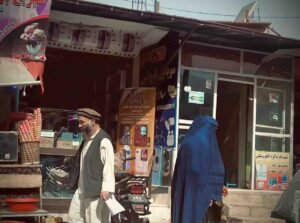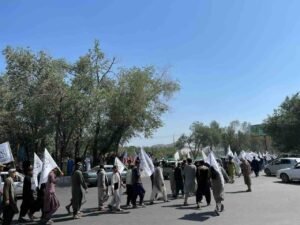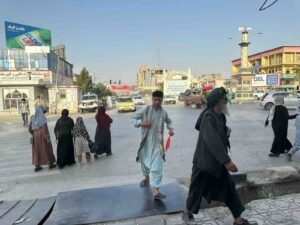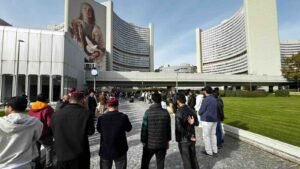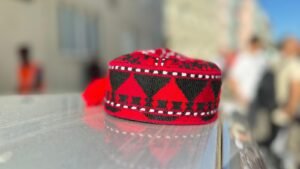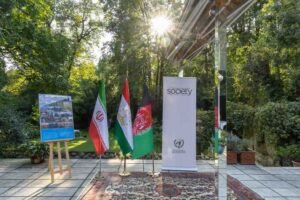Navigating Women’s Participation in the UN-Led Conference on Afghanistan: Opportunities and Concerns
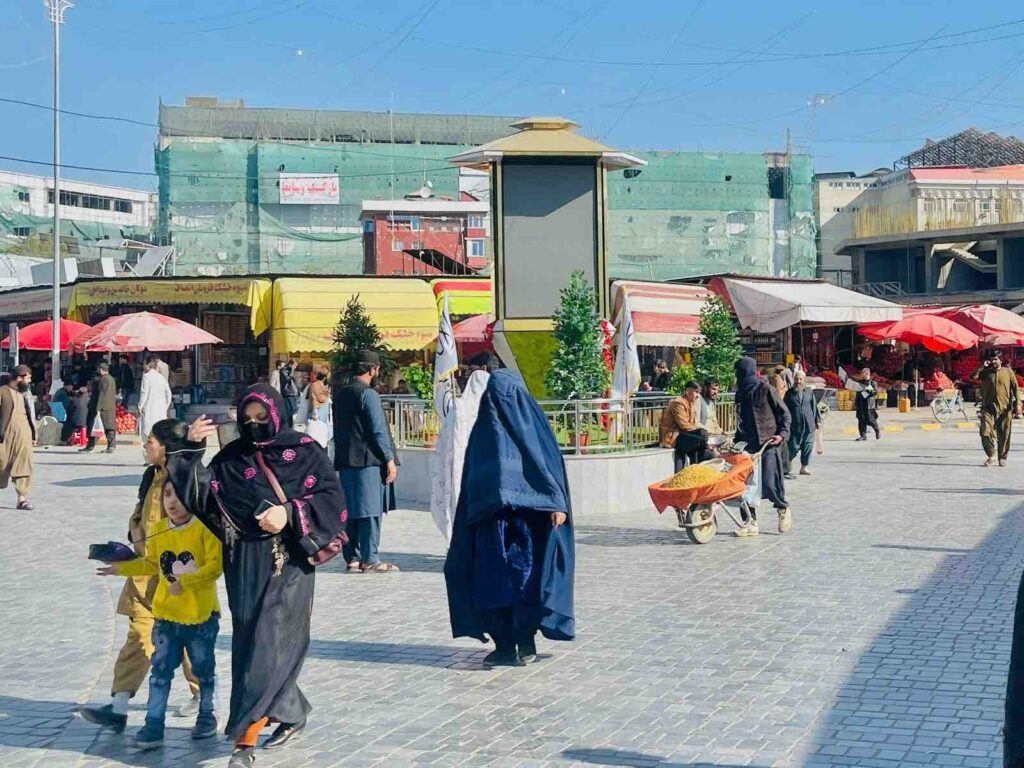
Afghan women on the streets of Kabul, February 2024. Photo by @AADIL.
By Nazila Jamshidi
A two-day international conference assembled by the United Nations is set to convene in Doha, Qatar, next week. It will feature participation from member states, regional organizations, special envoys on Afghanistan, representatives from the Taliban, and Afghan civil society members, including women.
According to Stephane Dujarric, spokesperson for the UN Secretary-General, the primary aim of the conference is to deliberate on the international community’s approach to engaging with the Taliban following their assumption of power. Additionally, discussions will revolve around the potential appointment of a UN envoy tasked with coordinating heightened international engagement with Taliban leadership in Kabul. The appointment, as proposed in an independent UN assessment, will prioritize expertise in human rights and gender issues.
In light of ongoing reports from the UN and global rights organizations documenting human rights abuses by the Taliban, including allegations of “gender apartheid,” the appointment of a UN envoy marks a significant step forward supported by the US and the EU.
Furthermore, the conference aims to involve various factions, encompassing women and political entities, in a unified endeavor to resolve the protracted conflict in Afghanistan, acknowledging the crucial role of women’s involvement in the negotiations. Although the identities of the women slated to participate in the conference have not been disclosed, there are concerns and optimism among Afghan women, both from inside and outside the country, regarding their representation in the talks.
The majority of Afghan women express support for UN Security Council Resolution 2721, adopted on Dec. 29, 2023, which emphasizes the importance of meaningful engagement with all parties in Afghanistan, particularly women. They also endorse the potential appointment of a UN special envoy for Afghanistan who will collaborate with all sides, especially representing the women of Afghanistan.
While women welcome the initiative and the chance to have a say in decisions affecting their lives and country, they harbor concerns regarding meaningful women’s participation. For instance, Fawzia Kufi, a former member of Afghanistan’s parliament and peace negotiator with the Taliban, highlights instances where men were favored over women in discussions and negotiations in the Doha peace talk with the Taliban.
The confidential nature of the women’s identities slated to participate in the talks is another worrying aspect. Given the dire situation faced by Afghan women and their limited voice in such meetings, there are concerns about whether the attending women will adequately represent them. Criticism has arisen in previous meetings when invited women focused more on engaging with the Taliban rather than addressing the plight of women imprisoned in their homes. While there is an emphasis on including women from within Afghanistan, concerns persist about their safety upon returning. Living under restrictive and misogynistic rules, Afghan women fear reprisal for speaking out about their experiences under the Taliban regime. This concern is by no means intended to discourage the participation of women from Afghanistan or to encourage the participation of those unable to depict the true reality of life under Taliban rule. However, fears regarding women’s safety upon returning to the country persist.
What actions can be taken to address these concerns?
The issues highlighted in the article have been extensively discussed with members of international organizations, particularly the UN, and with special envoys who will attend the meeting. Although the specific arrangements to ensure the safety of women returning to Afghanistan remain unclear, women hope that steps have been taken in this regard. Additionally, women have urged international organizations to provide the necessary tools, training, and guidance to enhance women’s participation and ability to defend themselves. However, there is limited information available to women’s groups regarding these measures. Despite this, women remain hopeful that these important considerations have been addressed before their fellow Afghan women travel to Doha for the meeting next week.
Afghan women appreciate the opportunity to voice their concerns and grievances. They also emphasize the importance of meaningful participation without fear, and they hope actions to ensure those are taken by the organizers of the meeting.
Nazila Jamshidi – a gender equality and human rights specialist involved in Afghanistan’s development and democracy processes for the past decade – has worked for the UN, USAID, the International Federation of Red Cross.
Note: The contents of the article are of sole responsibility of the author. Afghan Diaspora Network will not be responsible for any inaccurate or incorrect statement in the articles.

